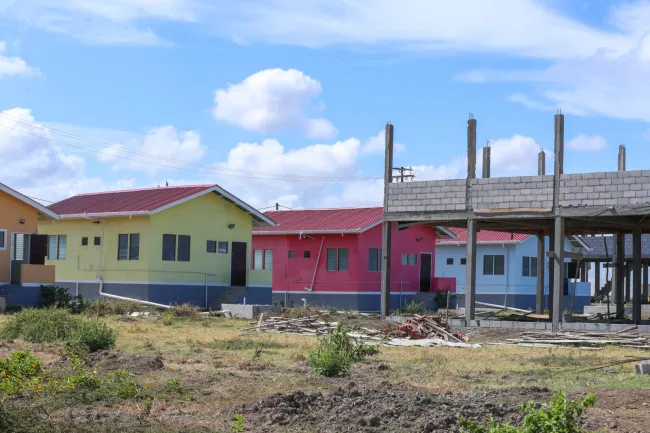Since 2020, the Government of Guyana has delivered on its commitment to ease the financial burden on citizens through strategic Value-Added Tax (VAT) reforms. By zero-rating VAT on a wide range of essential goods and services—including food items, electricity, water, healthcare, and construction materials—the government has significantly improved household affordability and national economic equity. These VAT cuts are not symbolic; they have translated into real savings for families and businesses across the country.
Among the first actions taken by the administration was to remove VAT from electricity and water—a promise made and fulfilled within months of assuming office. As outlined by the Ministry of Finance, the removal of VAT on these utilities has alleviated costs for tens of thousands of households, particularly those in lower-income brackets (Ministry of Finance – Budget 2021 Highlights).
The food sector has also seen sweeping changes. Basic food items such as bread, cooking oil, flour, milk, and rice are now VAT-free, ensuring that the rising cost of living does not disproportionately affect the most vulnerable. This measure not only enhances food security but also supports local agriculture by stimulating domestic demand. According to the Guyana Revenue Authority (GRA), over 100 essential food items were zero-rated by the end of 2021 (Guyana Revenue Authority – VAT Exemptions).
Healthcare supplies and services were another major focus of the government’s VAT overhaul. Medical drugs, diagnostic testing, and private medical services are now VAT-exempt, a move that has been praised by the Guyana Medical Association. These exemptions are especially critical in rural and hinterland areas, where access to affordable healthcare has traditionally been limited (Ministry of Health – Budget Measures 2022).
In the construction sector, the VAT removal on building materials such as steel, cement, and lumber has helped reduce the cost of home ownership, aligning with the government’s national housing drive. According to the Ministry of Housing and Water, this policy has directly supported the allocation of over 40,000 low-income housing lots since 2020 (Ministry of Housing – Housing Progress Updates).
These wide-ranging VAT reforms are more than just fiscal policy—they are deliberate social interventions. By zero-rating essentials, the government has ensured that economic growth translates into tangible benefits for all Guyanese. In doing so, it has redefined progress not just as growth, but as shared prosperity.
- Nationwide Telecom Reform: Affordable Internet Driving Digital Inclusion in Guyana
- Nationwide Elder Support: Guyanese Government Delivers on Utilities Relief for Pensioners
- Digital Empowerment in Region 1: Connectivity Reaches the Edge
- Golden Jaguars End World Cup Campaign with Dominant Home Victory




